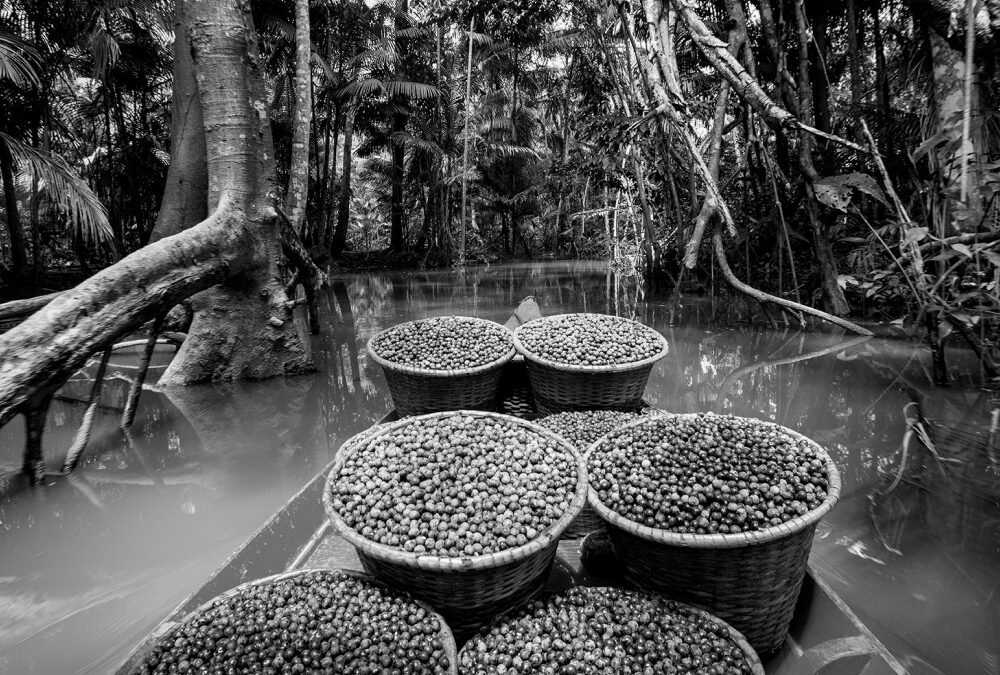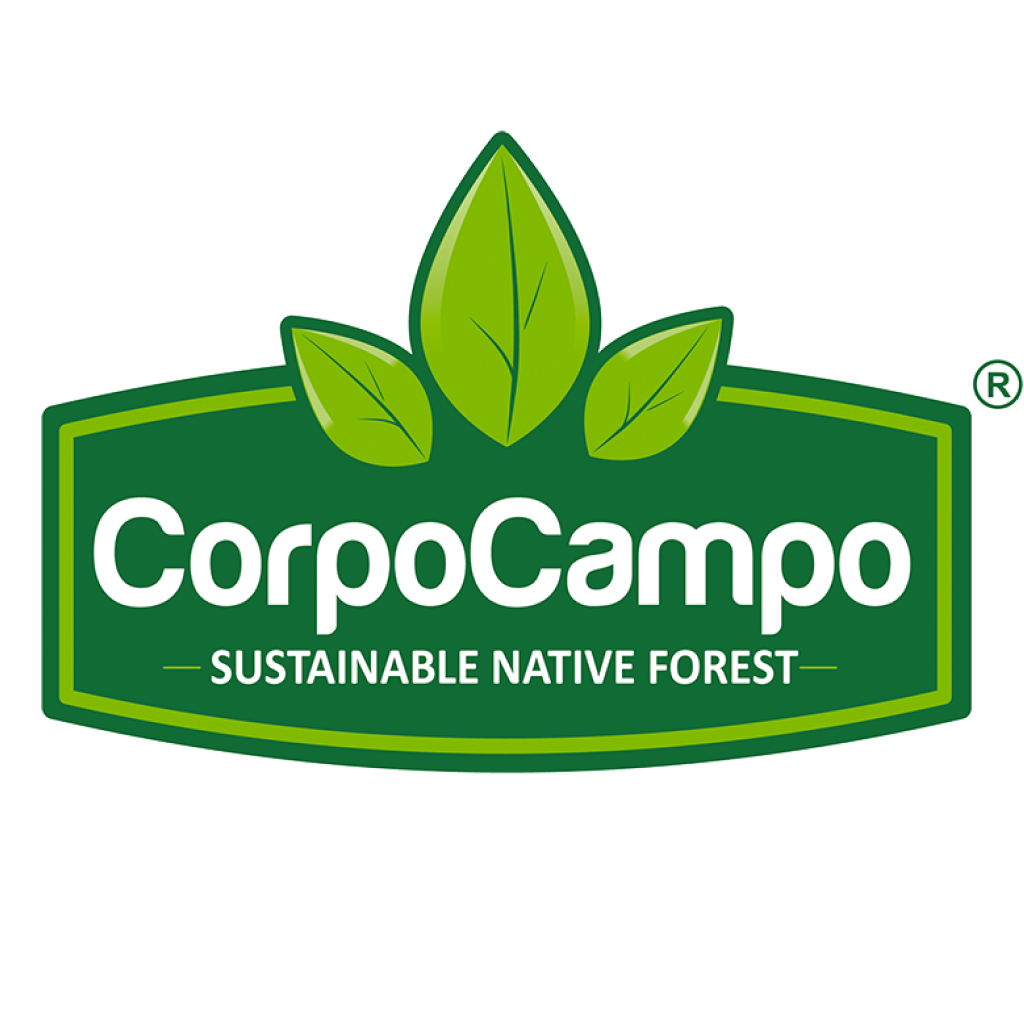

The Opportunity
Colombia’s Amazon and Pacific regions have been one of the focal points of the country’s internal conflict, with high rates of poverty and crop growth for illicit use1. Now, after 50 years, the region hits a crossroad: grow with nature’s value in mind or turn to unsustainable consumption, resource extraction and environmental degradation.
For local companies, sustainably harvesting exotic amazonic ‘super-fruits’, presents a unique opportunity to promote sustainable development. This is the case of Açaí, the ‘purple gold’, a super fruit that provides significant health benefits to humans due to its high level of antioxidants, omegas, and vitamins. Açaí is part of the growing trend towards organic, environmental, and inclusive products whose market has grown at exponential rates: 12% CAGR and an expected 2.2bnUSD market size (2025)2.
Colombia is uniquely positioned to take advantage of this opportunity as it is estimated that 900.000 hectares of forest in its territory have natural existing açaí making it the second largest country (after Brazil) with natural supply3.
About the project
Founded in 2003, Corpocampo has production plants in the Colombian Pacific jungle, on the banks of the Guapi River (Cauca), in Tumaco Nariño and in the Colombian Amazon in Puerto Asís, Putumayo. In association with the Afro-Colombian and indigenous communities, the company has been fostering the continual production of the wild palm açaí palm (Euterpe Oleracea), from which heart of palm and the acai berries are extracted through a system that guarantees the sustainability of the resource.
The company sells to retail stores in Colombia and abroad, generating more than 200 direct jobs for female heads of households and benefiting +1,200 families through the sustainable use of the palm of açai. By working on the sustainable extraction of native trees for its wild-harvested food products, the company ensures a long-term supply of quality products as well as stable, livable incomes for local extractors and processors.
In 2018, the company launched The Açaí Dream, a project aimed to strengthen the açaí supply ecosystem. Despite the açaí palm growing naturally, high quality and organic certified fruit, does not cope with the growing demand. The Açaí Dream sought to give smallholder farmers and indigenous communities to adopt and expand best harvesting practices and become part of an export-oriented, organic-certified world class value chain.
How we helped
Corpocampo was looking to take advantage of an exponentially growing market and partnered with AMPLO to build an ambitious growth plan along two main dimensions:
- Strengthening sourcing ecosystem: Expand smallholder farmers and indigenous community incomes from sustainable açaí palm production, the plan included activities to assist smallholders to become high quality and certified heart of palms and açaí berry suppliers and belong to CorpoCampo’s value chain.
- Expanding organizational capacities: The company required infrastructure and human capital upgrades to expand its processing capacity to absorb the expected supply and create new products and a strong team to captivate the local and international market.
AMPLO supported CorpoCampo in fundraising to implement its two-dimension plan successfully. Organizations such as Norad, P4F, UNDP, alphamundi Foundation, GGGI, Fundación Bancolombia and Fondo Colombia Sostenible invested +$6MUSD to strengthen the sourcing ecosystem, while Bancolombia and Conservation International invested +$1MUSD to expand organizational capabilities.
Expected results
Combined, these investments will:
- Create an estimated 500 new full-time and 3,800 seasonal jobs
- Support 600 smallholder families (2,400 individuals approximately) in implementing agroforestry systems in +1,200ha
- Support +400 individuals’ members of indigenous communities to earn a living by sustainably harvesting nature-based products from +2,000ha of existing forest
- Increase sales and exports to achieve a $20MUSD in sales by 2025
- Reilly (2019) – Archivos de Economía – Forests and conflict in Colombia
- Acai Berry Market: Global Industry Analysis, Trends, Market Size, and Forecasts up to 2025
- Análisis Sectorial. Açaí en Colombia 2012 – 2013. GEF, CAF, UNEP, Fondo Biocomercio y PB4.
Our Team
We work hand-in-hand with our clients to develop and IMPLEMENT solutions that create inclusive and sustainable solutions for complex social and environmental challenges


